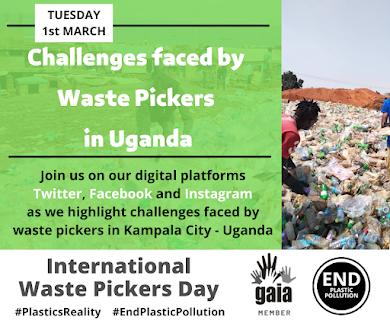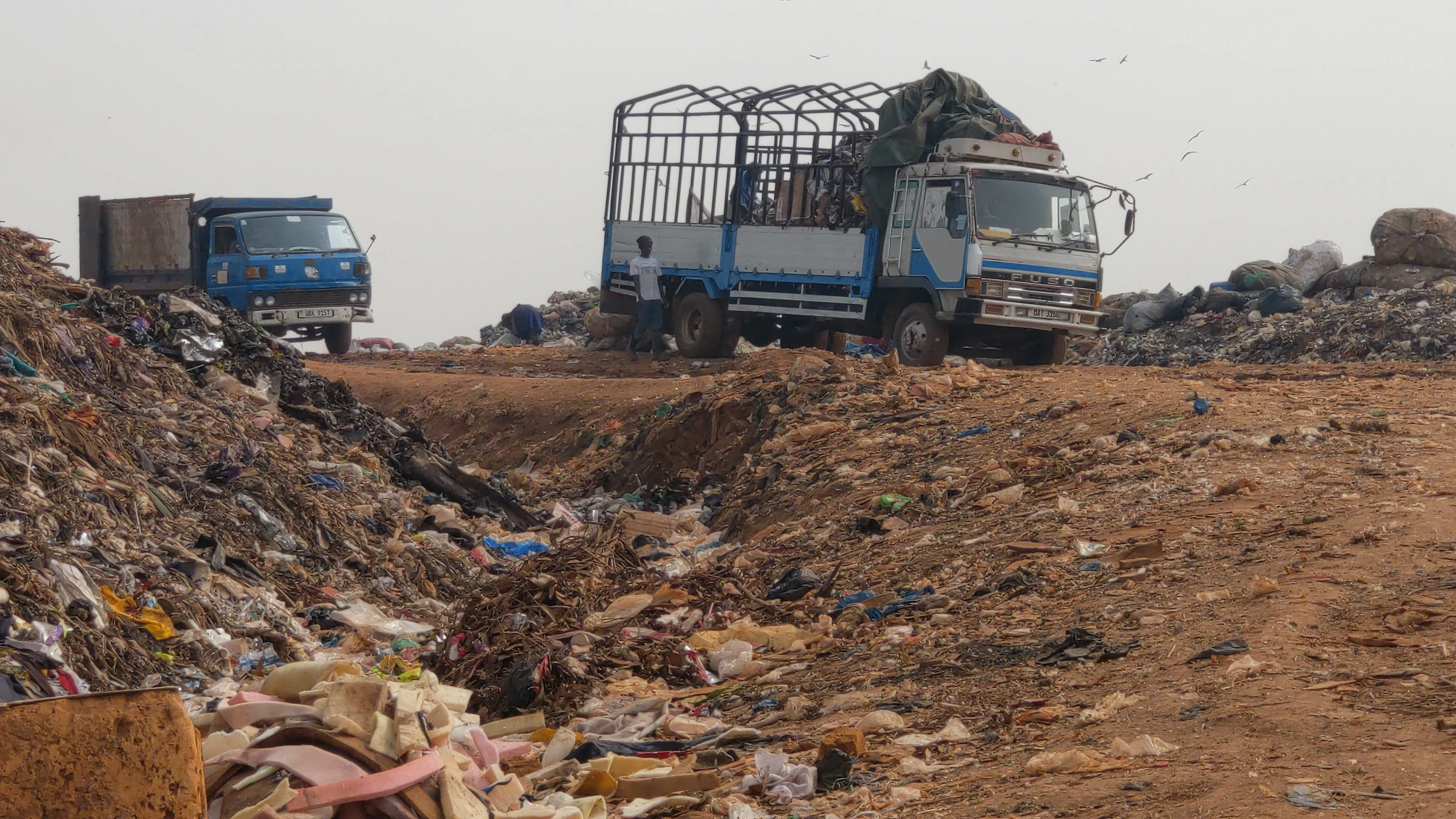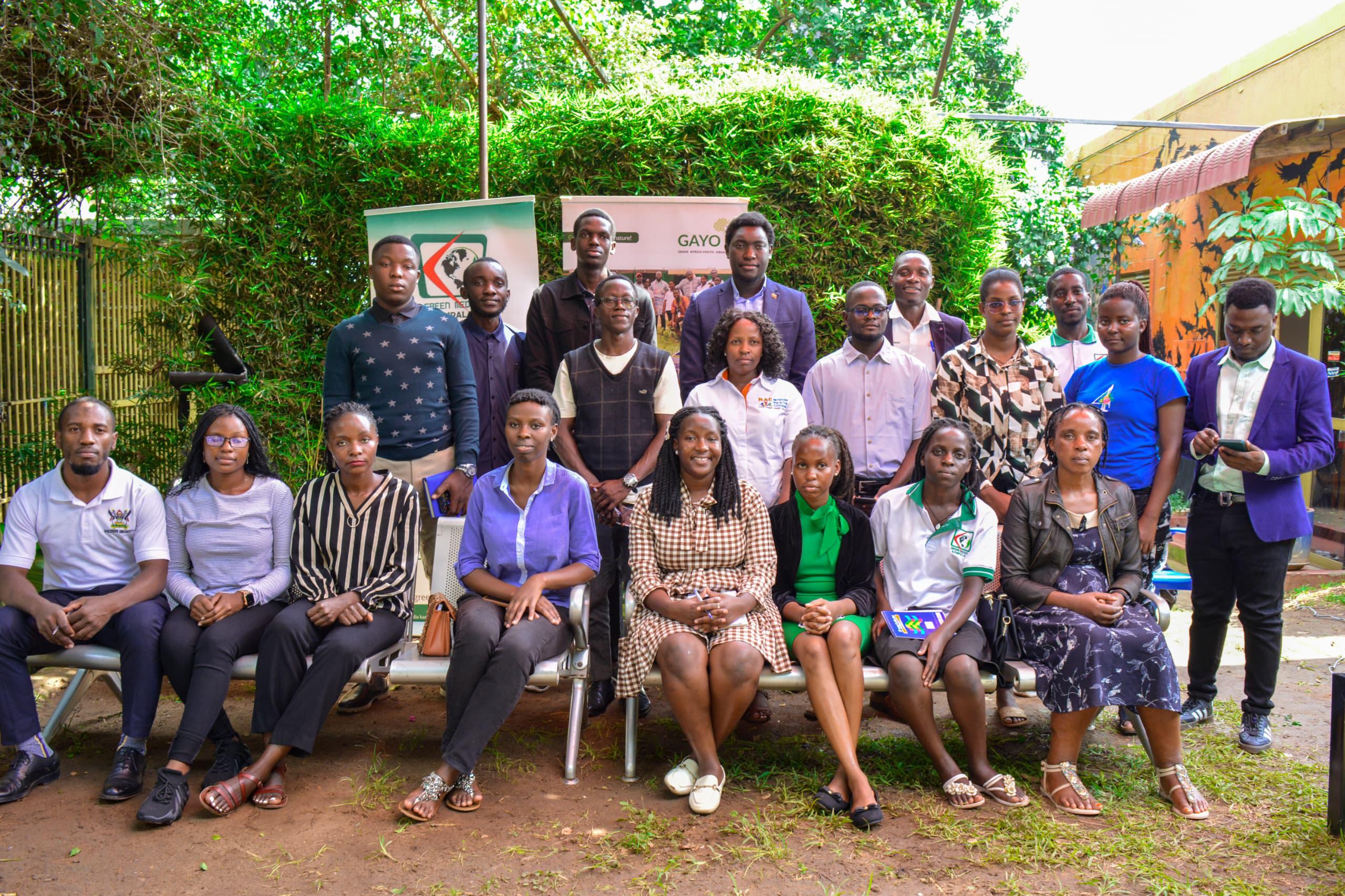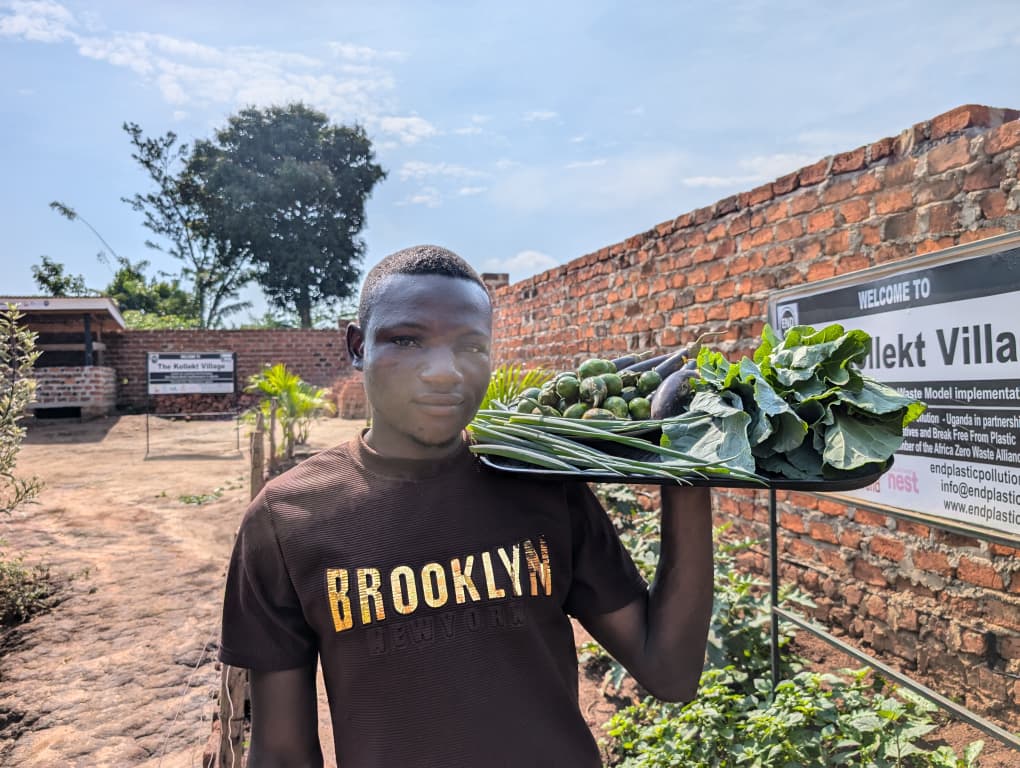The Uganda Brand Audit 2023 by End Plastic Pollution in partnership with Break Free From Plastic focused on exposing plastic polluters that are producing products packaged in sachets. Today, very many products are packaged in plastic and are adding to the plastic pollution problem in Uganda. Sachets are small tiny plastic packets or pouches that are used for packaging small quantities of items. The 2023 Uganda brand audit found 120 items packaged in sachets, these include food packaging items like snacks, cooking oil, ketchup, curry powder and personal care items like sanitary towels, soaps, detergent, and shampoo among others. Companies are continuing to rely on sachets under the disguise of that sachets are convenient, affordable and economical from the customer’s point of view since he or she is getting exactly the amount required without spending much. Low and middle-income groups of people in Uganda are able to access high quality safe products at cheap rates in sachets. From a producer’s point of view sachets have allowed them to expand their market by tapping millions of low income groups as customers hence earning high profits. But the true costs are external and unaccounted for by these producers that have tremendously earned and benefited from the sachet profits; the costs are inappropriately accounted for by the society through extreme costs of sachet pollution on the environment.
In Uganda
today a sachet of most personal care and food items goes for a price rate of
Uganda shillings 100 and 5000 which seems a reasonable price for both low
income and middle income groups. Very many Ugandans find sachet goods more
convenient and affordable for consumption and therefore less attention is being
paid to the effects of packaging using these small sachets which are so
damaging to the environment since they are nearly impossible to collect from
the landfills or even recycle.
According to
a Greenpeace International report, it was revealed that large corporations in
particular Unilever is selling 1700 highly polluting sachets every single
second, fuelling the global plastic pollution crisis. Through End Plastic
Pollution Uganda’s “Why Sachets are a Problem?” campaign running on social
media platform X mentioned that Unilever is dumping huge amounts of goods on
the Ugandan market packaged in sachets with misleading information that sachets
are to be returned to the shops after use, this is almost impossible for many
consumers to take back the sachet after use. The campaign has also exposed
local brands like Kick Snacks that are adding plastic toys as gifts to their
customers.
Sachets are normally palm sized packets and made up of multi layers of plastic and aluminum foil, melded together using adhesives. A typical sachet is multi layered will have an inner plastic layer that makes an airtight seal around the product, a foil layer that provides an additional barrier against moisture and heat and an outer plastic layer that allows flexibility while handling the product and can also be printed on. Sachets are single use therefore after the products in sachets have been consumed, the empty packets are dumped in collection bins or into landfills and therefore end up in major streams and water bodies hence damaging the ecological systems. We may think of collecting these sachets after use but collection is almost impossible as these are tiny packets and not easily noticed. Sachets are also hard to recycle due to the multilayer nature or a makeup of different materials bonded together, it is almost impossible to recycle them using the current technological infrastructure therefore rendered not viable for collection. The production and sale of sachets was predicted to increase by an annual growth rate of 5.8% between 2021 and 2023.
Here are some of the brands packaged in plastic found to be polluting the environment
- Omo Detergent
- Rwenzori Tea
- Kick Snacks
- Lato Milk
- Oreo
- Royco
- Nescafe
- Fortune Buto
- Milk Biscuits
- PK chewing gum
Furthermore
sachets tend to break down into smaller plastic particles while in landfills or
the environment and when it rains these are transported by streams to large water
bodies like Lake Victoria which affect the marine species such as fish on
ingestion hence endangering the lives of human consumers as well it may lead to
extinction of some marine species. Other sachet particles tend to block the
passage of marine species hence suffocation and ultimate death. Sachets dumped
in landfills are incinerated which also poses a danger to the environment
because burning polymers emit a lot of harmful greenhouse gases to the
atmosphere which endanger human lives.
From the Global Alliance for Incinerator Alternatives (GAIA), a report on the sachet economy also highlights that Unilever is working on solutions for recycling plastic sachets into other plastic polymers which to a larger extent has been a fruitless venture. Many critics have pointed out that Unilever being one of the largest corporations packaging using sachets has all along been vocal with no particular solution. Therefore recycling is not an answer to the sachet pollution but bringing an end to sachets and replacing them with reuseable packaging.
In
Uganda having noticed the great danger posed by sachets to the environment, a
new law was enacted that deemed the manufacture and sale of sachet alcohol
illegal on May 30th 2019 as
reported by Daily Monitor, this greatly reduced the sachet crisis as
alcohol sachet pollution had increased tremendously with the material found littered everywhere in major cities and towns in
Uganda. Therefore the Ugandan government as well can enact more laws and regulations
on the importing of products packaged in sachets, manufacturing and use of sachets
to package consumer goods.




